Scottish National Party MPs have descended on Westminster and are apparently breaking parliamentary rules by taking selfies and applauding. Heres are some other things MPs can't do.
Use anyone’s names
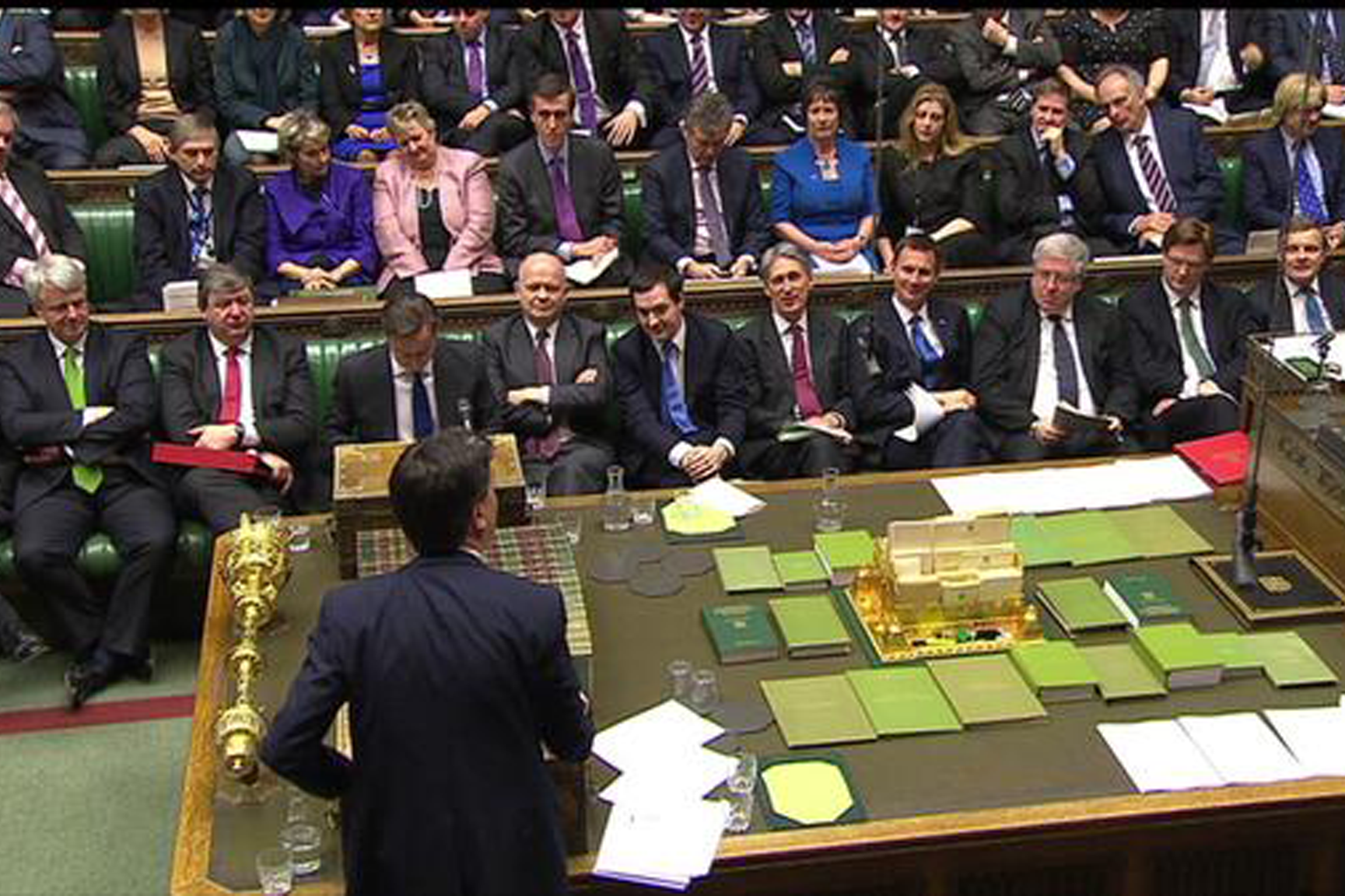
This rule sounds like part of a bad drinking game, but it’s true. MPs are not allowed to refer to each other by name and instead always refer to “the honourable member for…” the place they were elected to.
If you can’t remember where someone is MP for you can refer to them as “the honourable gentleman” or “the honourable lady”.
If you’re talking about someone from the same party they can be referred to as “my honourable friend”, while members of the privy council – usually ministers –are “the right honourable”.
The exception to this is the Speaker, who can refer to anyone he likes by name.
Talk to anyone except the Speaker
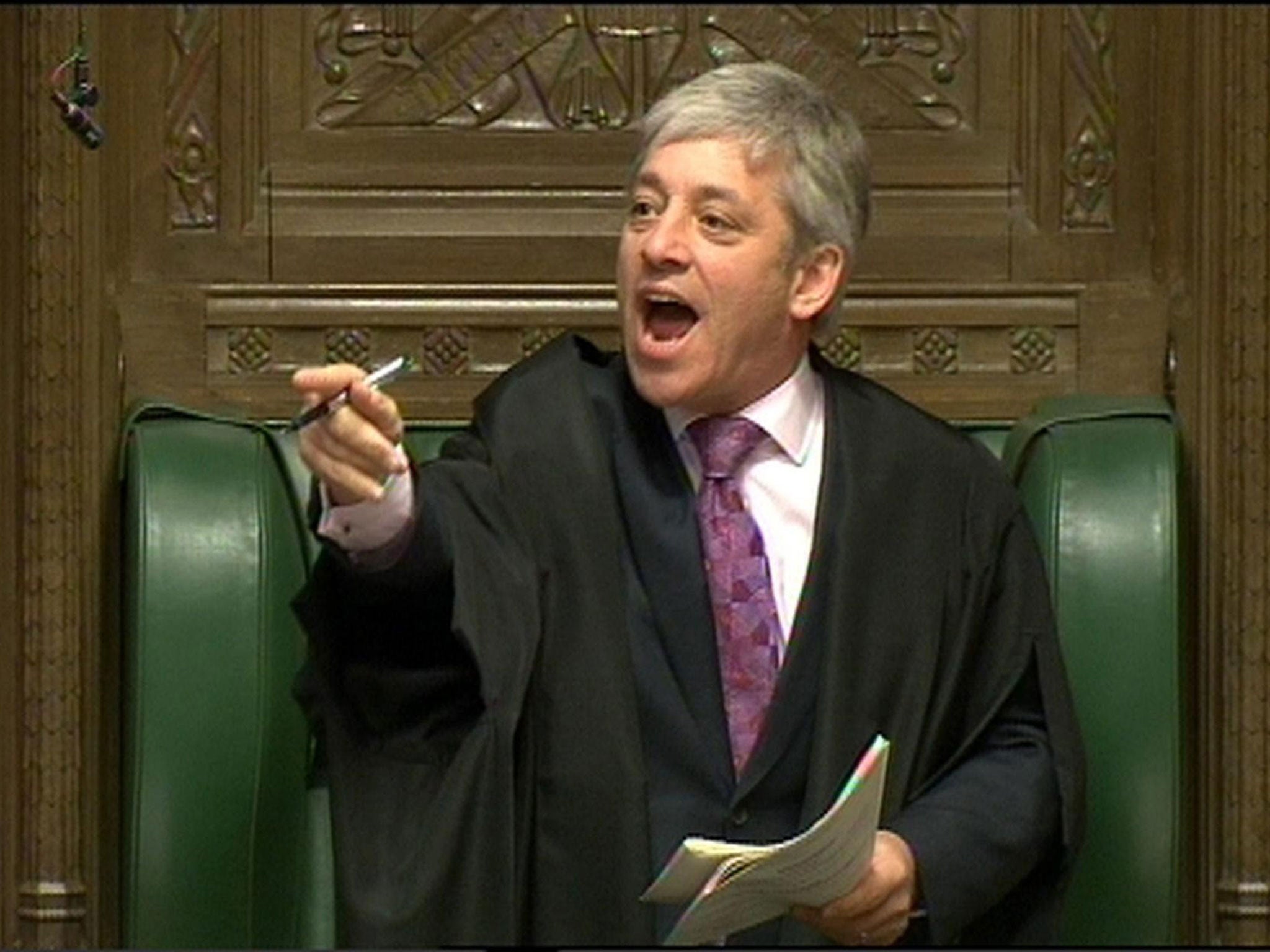
MPs are only allowed to speak to one person in the House of Commons: the Speaker. Nobody else is ever directly addressed.
This is why politicians talk in the way that they do, beginning their sentences with “Mr Speaker”, and referring to “he” or “she” instead of “you” when making points about their opponents or friends in a debate.
In reality, MPs do chat and whisper to each other on the back-benches, though this isn't part of the debate.
Take photos
No one is allowed to take photos or shoot videos in the chamber apart from the fixed TV cameras we’re used to seeing debates through.
This is one of the reasons why the BBC’s recent documentary, Inside The Commons, was so striking – it brought the place to life with angles we don’t normally see. In that case, the film makers received special permission that had never before been granted.
Photography is also banned in most of the Palace of Westminster for security reasons and restricted to the public areas of Westminster Hall, St Stephen’s Hall, New Palace Yard – as well as private rooms.
Call someone a liar
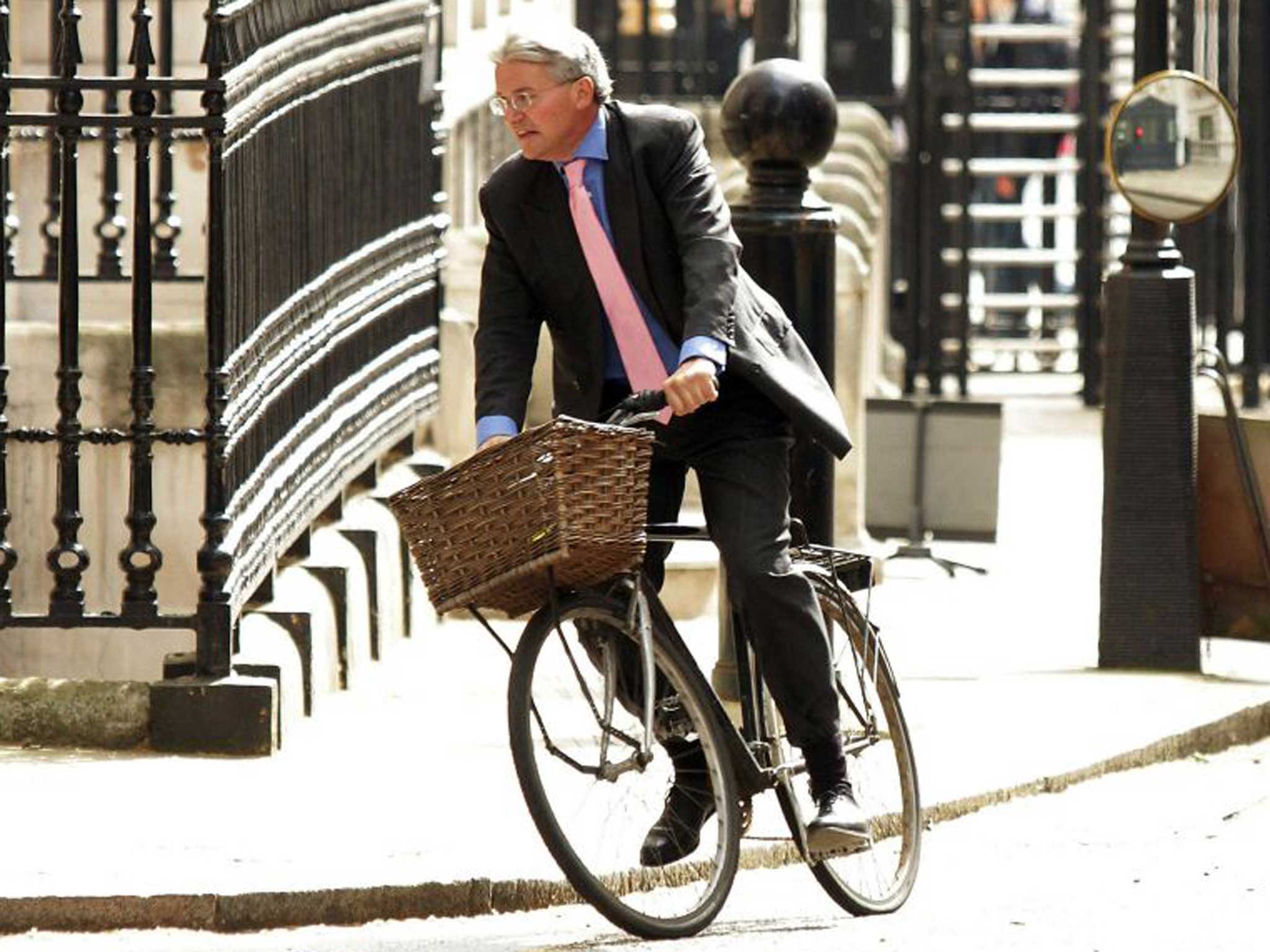
Parliament has strict rules on “unparliamentary language” isn’t allowed in. One banned word in particular stands out: ‘liar’.
MPs who who accuse each other of lying are usually asked to withdraw the remarks by the Speaker, or face a suspension.
Call someone a hypocrite
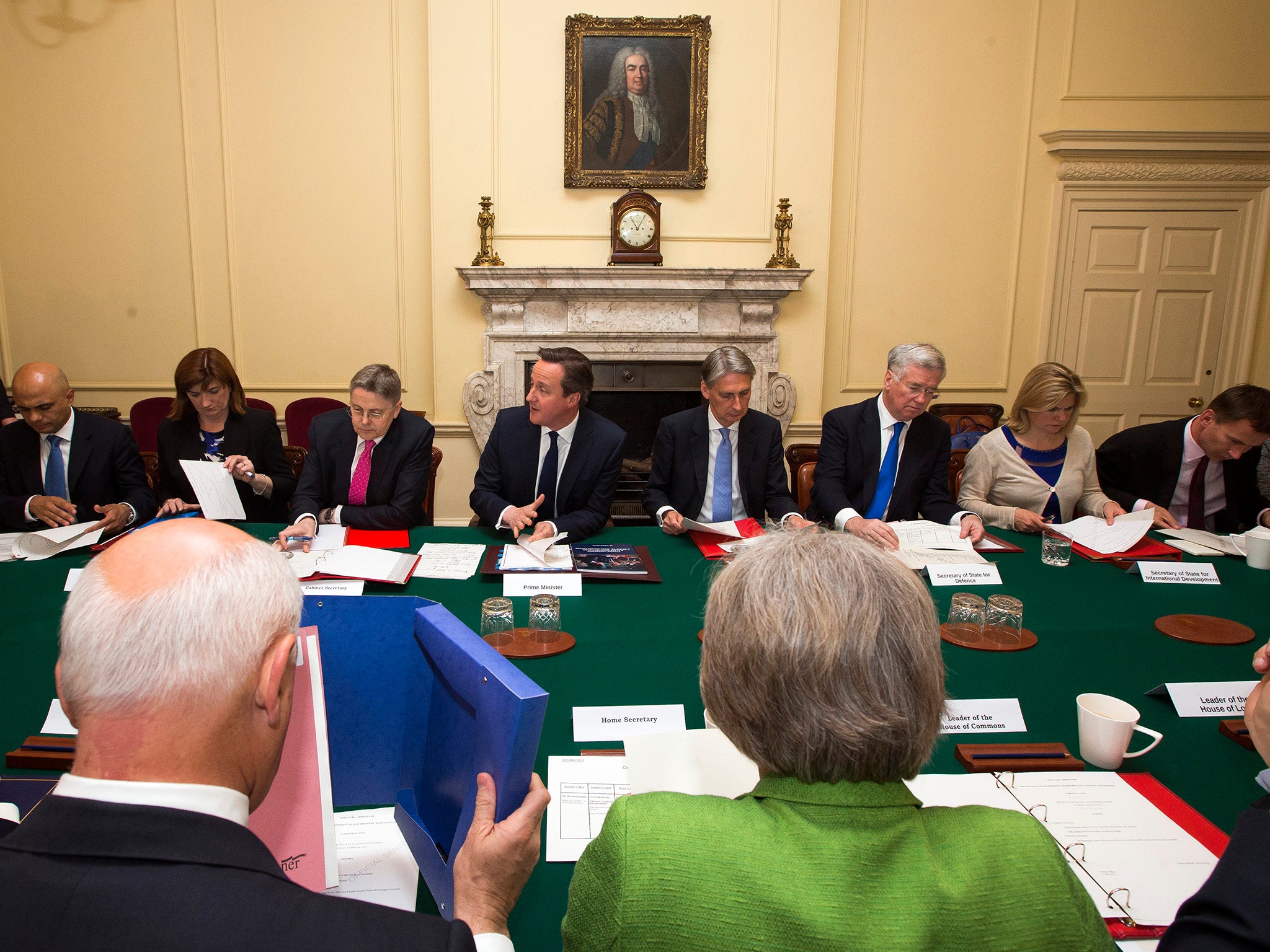
You’re also not allowed to call a fellow MP a ‘hypocrite’ – another word which many voters would probably consider useful in a room full of politicians.
This may be related to the conventions of Cabinet government. Under cabinet collective responsibility, ministers must publicly support every decision the government makes or face the sack.
In reality, nobody really supports every decision every government makes and thus hypocrisy is practically built into the system.
Use any number of bizarre archaic insults

Many of Parliament’s banned words are incredibly archaic. On the banned list you will find “pipsqueak”, “swine”, “rat”, “blackguard” and “tart”. A “blackguard” originally referred to a lowly servant but came to mean 'scoundrel'.
Wear a T-shirt

Parliament has a very strict dress code – men are expected to wear a shirt and tie, while women are expected to dress in business-like clothing. T-shirts wearing slogans are not allowed.
MPs won’t be barred from entering the chamber, but tend not to ‘catch the eye’ of the Speaker to participate in debates.
Both Green MP Caroline Lucas and Labour MP Harriet Harman have worn feminist slogan t-shirts in the Commons in recent years. Ms Lucas spoke in Westminster Hall wearing one and was admonished, while Ms Harman was apparently not noticed.
Wear armour in the chamber

It has been illegal to wear a suit of armour in the House of Commons for just over 700 years. This stems from a 1313 statute passed under King Edward II named Statutum de Defensione portandi Arma (Statute Forbidding the wearing of Weapons)
Before this, armour was fine. The bill was apparently passed because “certain persons” had disrupted debates. Swords in the chamber are also banned by the same statute, and MPs are to this day given a loop next to their coat hook to hang their swords in the cloakroom.
Speak in Welsh
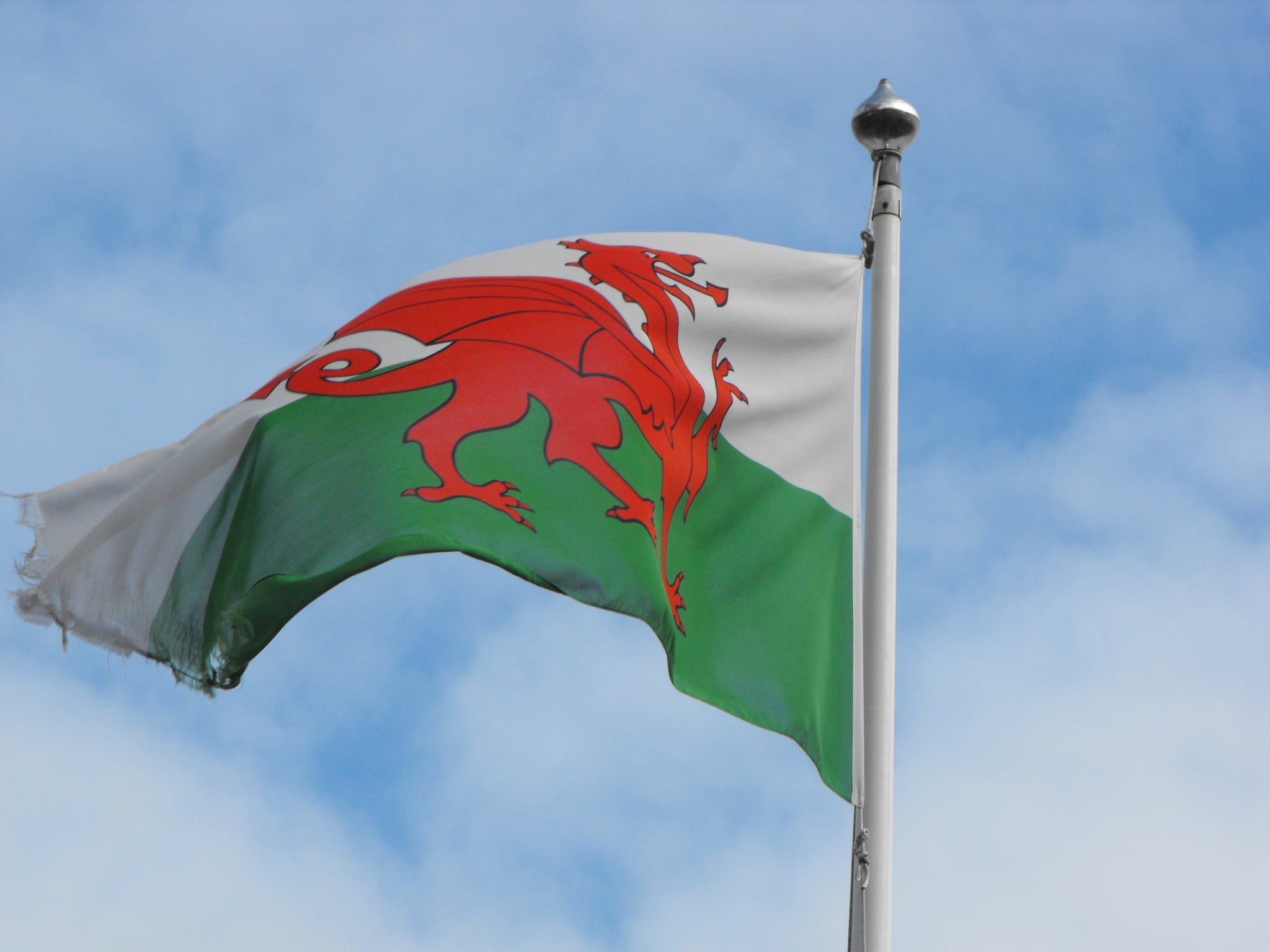
The United Kingdom’s regions promote a number of languages: Most notably, Welsh has half a million speakers, Scots tens of thousands, and a similar number Irish.
Unfortunately for speakers of these languages, speeches in the House of Commons can only be made in English. Quotations in other languages are allowed, however.
Unlike in the European Parliament there are no live translation services available for members.
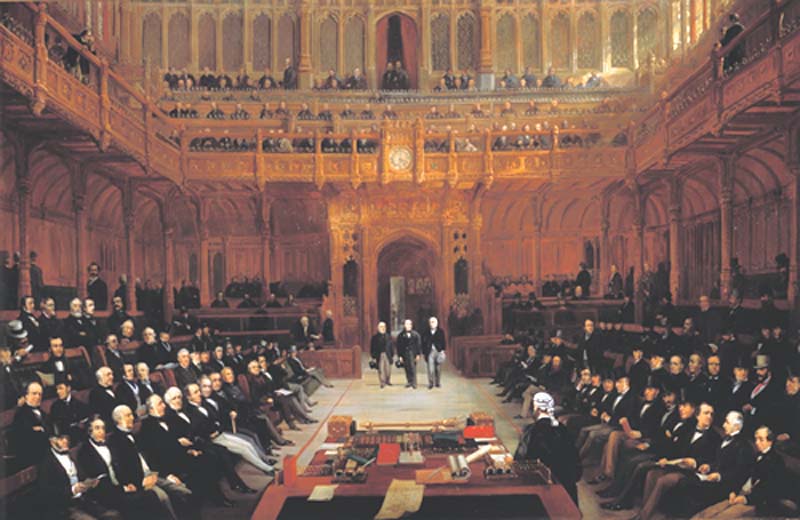
Join our commenting forum
Join thought-provoking conversations, follow other Independent readers and see their replies
Comments